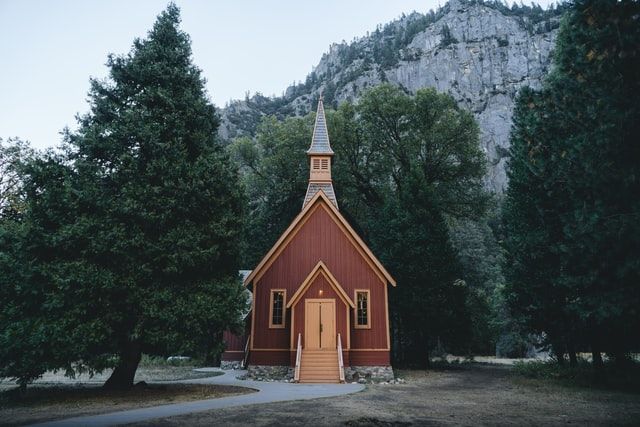Author: Scott Connell
How Many Fruits?
Written by Scott Connell on . Posted in First Thoughts.
I Want to be Like Epaphras
Written by Scott Connell on . Posted in First Thoughts.
O Come All Ye Faithful
Written by Scott Connell on . Posted in First Thoughts.
It Came Upon the Midnight Clear
Written by Scott Connell on . Posted in First Thoughts.
Away in a Manger
Written by Scott Connell on . Posted in First Thoughts.
Hark! The Herald Angels Sing
Written by Scott Connell on . Posted in First Thoughts.
Come, Thou Long Expected Jesus
Written by Scott Connell on . Posted in First Thoughts.
The Amazing Grace of Friendship
Written by Scott Connell on . Posted in First Thoughts.
Praying Without Ceasing
Written by Scott Connell on . Posted in First Thoughts.










